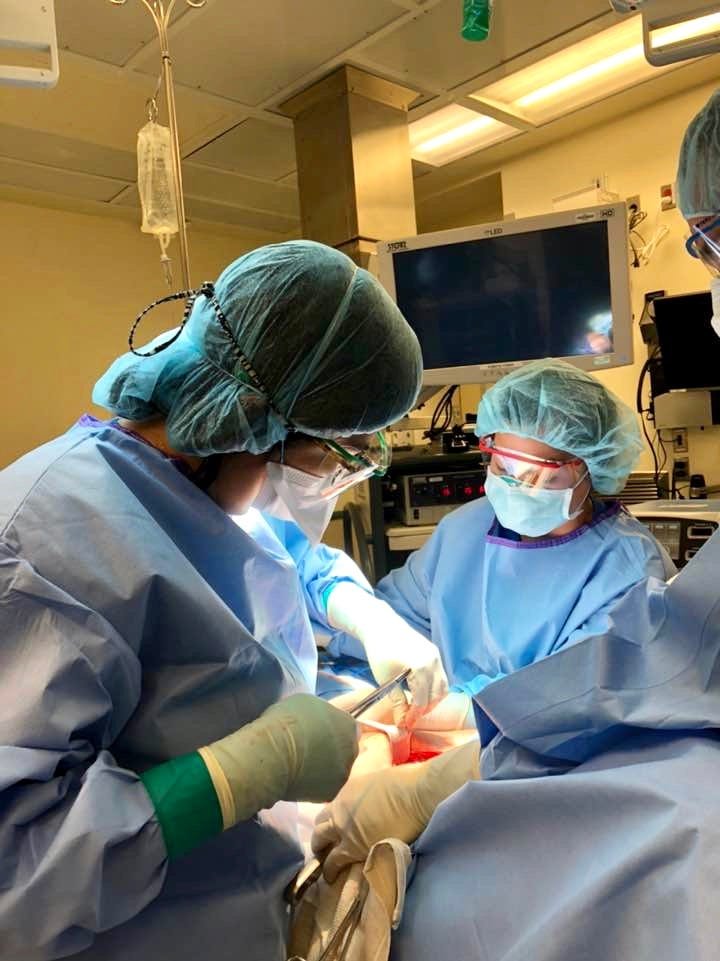

Constipation is one of the most common problems patients face after surgery. While it is not as urgent as surgical pain, it can cause significant discomfort, bloating, and even strain on healing tissues in the gut. Pain medications and anesthesia cause your bowels to get ‘sleepy’, which is why we wake you up at 6 am every morning after colon surgery to ask if you’ve farted or pooped– we want to know if your bowels have woken up yet. Ileus, or these ‘sleepy’ bowels, is almost expected for the first few days after surgery, but some surgeons will have you do some things pre-op and immediately post-op to mitigate this. Understanding why constipation happens after surgery—and how to prevent it—can make recovery, and your bowel movements, much smoother.
Pain Medications (Opioids): Drugs like oxycodone, hydrocodone, or morphine slow down the gut, making bowel movements harder.
Anesthesia: General anesthesia temporarily paralyzes the intestines, sometimes leading to sluggish bowel function for days.
Reduced Activity: Bed rest and limited mobility after surgery decrease natural gut stimulation. Try to get up and moving as soon as possible— your doctors might even urge you to walk on the same day you have surgery!
Dietary Changes: Patients often eat less, avoid fiber-rich foods, or rely on liquid diets while recovering.
Dehydration: Not drinking enough fluids (especially if on IVs or limited intake) can harden stools.
Hydrate Well: Aim for plenty of fluids unless restricted by your doctor. Starting your day with a cup of warm water, or even that first post-surgical coffee, will also help.
Eat Fiber (If Allowed): Soft fruits, vegetables, oatmeal, or fiber supplements can increase your stool bulk, especially if you were NPO (had nothing to eat or drink for several days–you can’t poop if there’s nothing to poop out!).
Stay Active: Even short walks stimulate bowel movement.
Chewing gum post-surgery helps stimulate your gastrocolic reflex, a fancy way fo saying it gets your gut moving. Chewing gum also makes you swallow air, which is good for farts, and bad for bloating, so make sure you’re farting it out!
Stool Softeners or Laxatives: Many surgeons recommend a gentle stool softener (like docusate) or mild laxative (like polyethylene glycol) when prescribing opioids.
Plan Ahead: Start preventive measures before constipation sets in—it’s harder to treat once severe. Go into surgery on a good diet with lots of fiber, and ask your doctor about medications like Entereg (alvimopan).
Seek medical advice if you haven’t had a bowel movement within 3–5 days after surgery, if you develop severe abdominal pain, or if you experience nausea and vomiting along with constipation.
Constipation after surgery is common, especially after GI surgery, but with preparation—hydration, fiber, activity, and sometimes medication—you can avoid complications and feel more comfortable as you heal.
Until next time, that’s just the way the anus wrinkles.